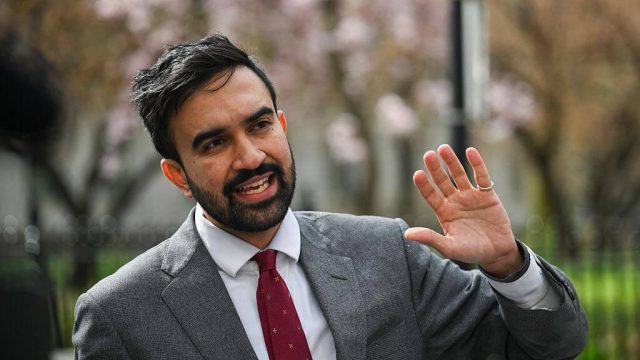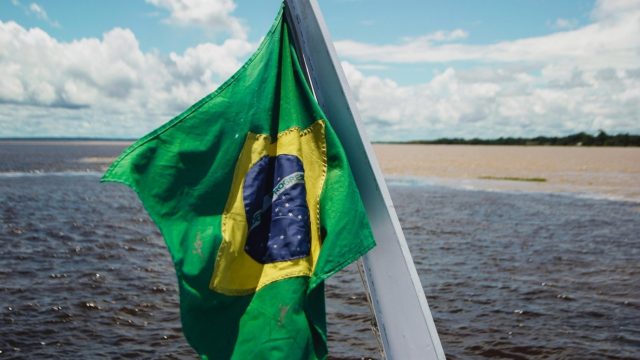We asked Davos - what is wealth?
Among the billionaires and bankers, we're pushing for a new understanding of what prosperity means - for people and planet
For decades, we've been getting wealth all wrong - and now our societies and our planet are paying the price. This January, the Green Economy Coalition headed to the World Economic Forum in Davos, Switzerland, to take a radical message of inclusion and sustainability into the heart of the economic establishment.
At our side-event on the 23rd January, we convened an interactive panel of environmental economists and thought-leaders to present their visions of what the future of wealth will look like in 2030. If you missed our live-stream, you can watch the whole debate on YouTube, and check out the reaction on Twitter using the #WhatIsWealth hashtag.
Increasingly, governments and corporations are starting to realise that true, sustainable wealth cannot be merely financial, but must include the social, natural and human capitals that underpin all economic activity. This new approach is revolutionising what it means for a country or a business to be wealthy and profitable. It has the potential to overhaul historic divisions between rich and poor countries, or profitable and unprofitable companies, as credit rating agencies and investors shift behaviour.
The future of wealth will look rather different as natural, human and social capital will be integrated into financial statements and government budgets; as investments are stress tested against carbon and biodiversity; and as the asset portfolios of different countries or companies include their impacts upon natural and social capitals. When seen in this light, the SDGs are no longer abstract intergovernmental targets, but a roadmap for where our economies are heading.
In this interactive session, a leading panel of macro-economists, financiers and business leaders considered what “wealth” will look like in the year 2030. Together with the audience, we explored what that means for business and political leaders and how markets can prepare. The panel was moderated by the GEC's Oliver Greenfield and included:
- Prof. Cameron Hepburn, Director, Smith School of Enterprise & the Environment, Oxford University
- Lauren Smart, Managing Director, Global Head of Financial Institutions Business, S&P Global
- Pavan Sukhdev, President of WWF International
- Michael Izza, CEO, Institute of Chartered Accountants in England and Wales



